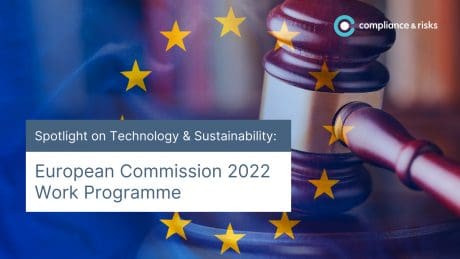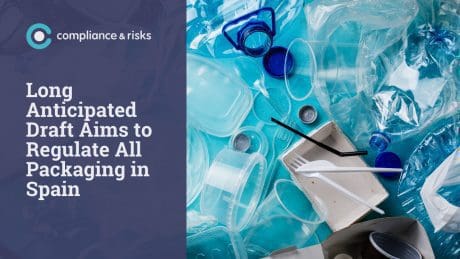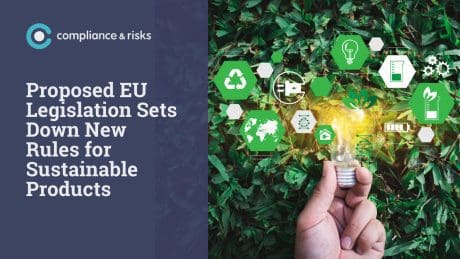
France: Circular Economy Roadmap Introduces 50 Measures

 By Compliance & Risks Knowledge Partner, SagisEPR
By Compliance & Risks Knowledge Partner, SagisEPR
France’s Circular Economy Roadmap, released on 23 April, introduces 50 measures, including a mandatory repairability label for electrical and electronic equipment (EEE) and the elimination of the Green Dot for packaging. The measures should help France to reach its goals of halving waste sent to landfill and recycling 100% of plastic by 2025.
The roadmap is the result of five months of consultations. The government’s press release highlights the following flagship measures:
- Establishment of a repair label for household electronics, to be applied from January 2020: A simple and legible logo should make it possible for consumers to quickly identify the ease with which a product can be repaired.
- Elimination of the ‘Green Dot’– which has confused consumers (as it does not indicate recyclability but rather that a recycling fee was paid) – to simplify and harmonize the sorting process and improve consumer information. Within 5 years, all French citizens should be able to simply recycle all packaging in the same manner. This is to be achieved by using the ‘Triman’ logo together with simple sorting instructions, harmonizing the color coding of garbage bins throughout France and modernizing sorting centers.
- Acceleration of the collection of plastic bottles and cans where collection rates are lowest, especially in densely populated urban areas, by testing a new generation of ‘solidarity deposit’. In this system, revenues from the sale of collected materials would be spent on environmental, health or solidarity causes.
- Adaptation of taxation to make waste recovery cheaper than disposal, by reducing the VAT rate for recycling and by increasing the rates of the general tax on polluting activities for landfilling and incineration. This means that municipalities that are truly committed to a move towards a circular economy will see their waste management costs fall. A multi-year trajectory will have to be proposed to give actors time to adapt. A consultation will be carried out on this topic within the framework of the national conference of the territories. Communities wishing to implement incentive pricing, and thus allow their citizens to pay less if they sort better, will be financially supported for 3 years.
- Extension of the polluter pays principle to new products, by instructing stakeholders to create new extended producer responsibility (EPR) channels for:
- Packaging arising in cafes, hotels and restaurants;
- Toys;
- Sporting goods;
- Hobby and DIY (which are particularly suitable for reuse and repair) and
- Cigarettes.
In addition, a financial mechanism to encourage the return of old mobile phones is to be studied. Measures will also be developed to improve the collection and recycling of building materials.
- Establishment of re-use as a whole, re-use and repair targets for the EPR sectors, with some of the resulting products being provided free of charge to actors in the social economy.
- Support, by 2020, for 2,000 companies to help them reduce their consumption of resources, their waste and to save money through ADEME’s programme for SMEs.
To find out how you can stay on top of regulations and developments affecting the Circular Economy, Talk to Us today!








